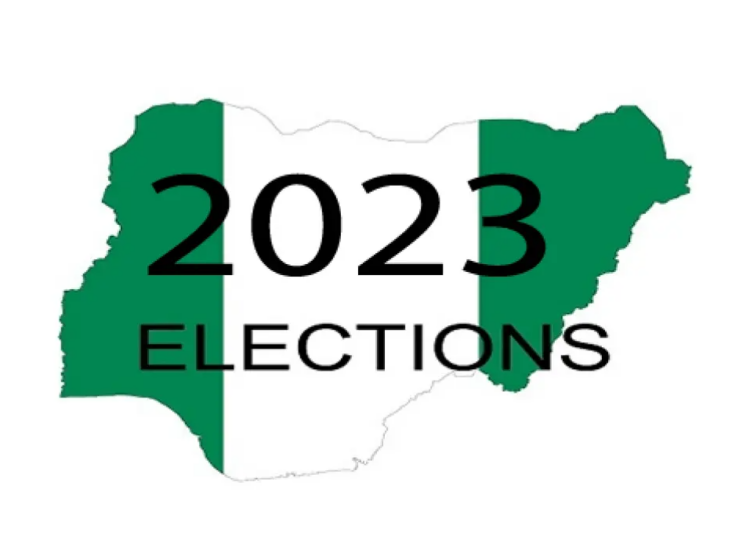A report by OrderPaper, Nigeria’s premier and pre-eminent parliament-focused organization, has said most Nigerians made random decisions in the March 18 governorship and state assembly elections.
The report observed that the polls were ultimately characterised by bandwagon effect that was witnessed during the presidential and National Assembly elections.
Executive director of OrderPaper, Oke Epia who released a consolidated report of the advocacy group on the elections said that 81.59 per cent of sampled voters that participated in the state assembly elections across the country had prior knowledge of the candidates, only 37.39 per cent of them voted for these candidates based on individual merits.
“A key finding from our observation of the elections is that no less than 63 per cent of voters cast their ballot for state legislative candidates on the basis of a bandwagon anchored on political party preferences and the choices made for the governorship positions.
“While 81.59 per cent of sampled voters that participated in the State Assembly elections across the country had prior knowledge of the candidates, only 37.39 per cent of them voted for these candidates based on individual merits.
“This finding is a confirmation of the bandwagon trend in the state Assembly elections; similar to the National Assembly polls, where 61.35 per cent of voters made their voting choices at the Senate and House of Representatives elections based on party affiliation and choice of presidential candidates.
“An aggregated 63 per cent of the respondents our trained observers spoke with, made their voting choice based on factors such as party affiliation (34.28 per cent), previous choice of presidential candidate (5.38 per cent), governorship candidate (3.97 per cent).
“About 18.98 per cent of these respondents also confirmed to us that they made their voting choice on the basis of random decisions”.
“Other aspects highlighted in the ‘Consolidated Report on the 2023 State Assembly Elections,’ which was held simultaneously with the governorship elections, showed that election results were uploaded to INEC’s Result Viewing (IREV) Portal in 78.63 per cent of the polling units sampled across the country.
“In the area of punctuality on the part of polling officials and opening of polling units, there was a marked improvement from the National Assembly polls, where only 61.34 per cent of the polling units opened on time.
“As captured in the report by OrderPaper, 84.29 per cent of the polling units sampled opened on time in line with INEC’s guidelines for polls to open at 8:30 am. The average time of arrival and opening of polling units generally stood at 9:00 am in many parts of the country,” it said.











